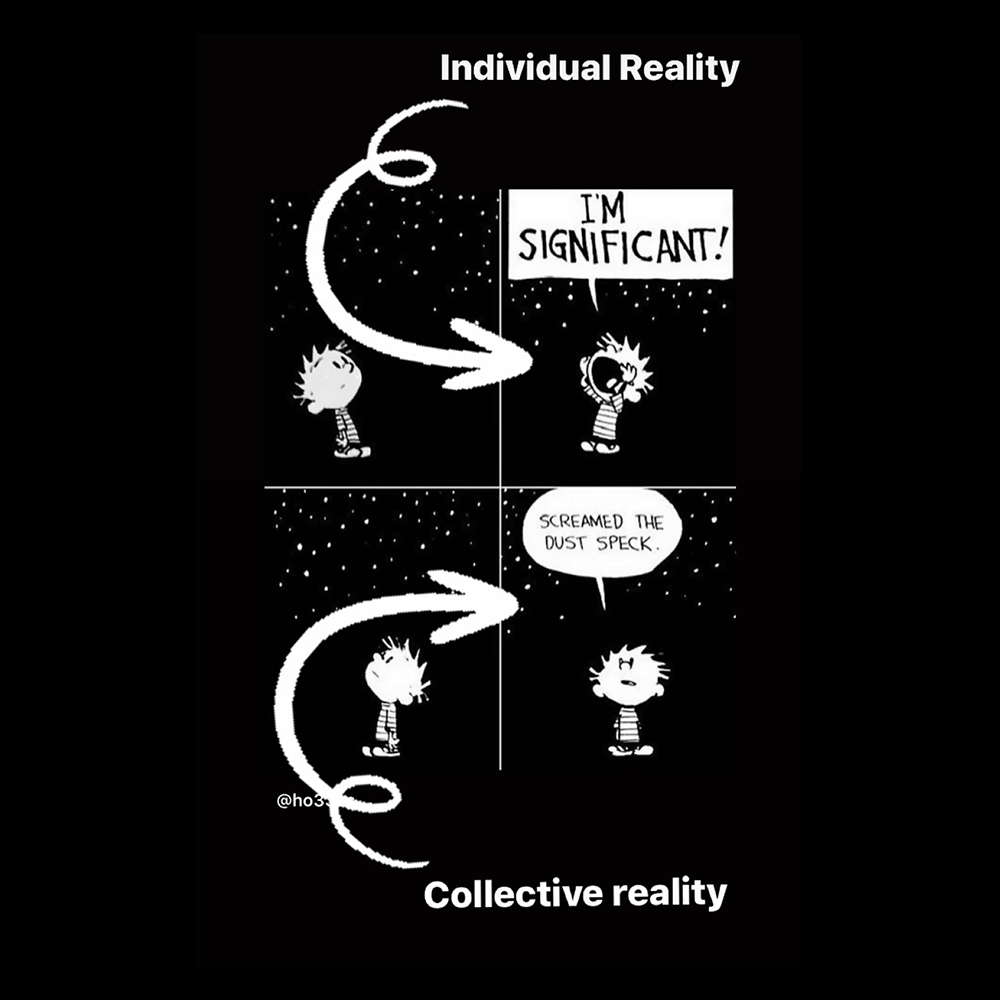@ho33es doing a great job illustrating perspectives and philosophy.

Economic data is based on the basis of collective analytics to best evaluate the cause and effects of ecosystem dynamics and decisions, whether socially, economically or politically driven, Through weighing those analytics, which are quantified human dynamics, we can more effectively observe and optimize our collective economic framework. Even good intentions yield terrible outcomes for the collective, and often the referenced reasoning used to provide context as to why the free market principles would yield healthier collective outcomes without the desire of wanting controlled outcomes that the ecosystem hasn’t naturally developed. Something believed and held by institutions such as Chicago school of economics and hoover institute, as well from individuals such as Adam Smith, Ludwig Von Mises, Milton Friedman and Walter E Williams to name a few.
The dynamics of our ecosystem’s economic framework must be developed on a collective principle which allows optimal fair play at an individual level. One that respects the principles of reality such as output versus input; consumption versus production; taking and giving; suffering to grow; equivalent exchange; return on investment; evolution and limited resources. If one is put at a disadvantage to make another gain an advantage, the rules of the game are by default not fair for anyone.
The premise of an equitable and fair economic framework requires an effective and optimal market to bring balance to the collective people’s economic pursuit to accumulate resources and allocate them as they see fit in the pursuit of their personal interests. A game with rules that cannot change to please the endless groups of self interest. These groups cause constant chaotic unintended consequences in the ecosystem which yields undesirable collective disadvantages. For this specific statement in relation to unintended consequences, refer to the school of thought by those named previously for countless examples.
The intent of the ecosystem’s economic framework must be to be the best you while allowing others to be the best them, not imposing the perspective of the few on the reality of the collective, so all can play the game of accumulating resources (even experiences are resources which requires capital resources). Often time, to ease the reality of the few, one must reallocate resources from the many to the few through regulations, control and taxation, something the government has fueled as a framework for far too long. Even selfish business interests prevail under this framework, because the government can be leveraged by those with already resources to further enhance their game. That is a consequence as a result of government playing the power game, and having their pockets exposed to all sides of the issue . This is not a new philosophy, it is one originated from Adam Smith, whom is revered as the father of economics. But the current reality of our dynamics does not reflect his belief in entirety. The potential output of his true image of a fair, free and equitable ecosystem has not been seen because we’ve never come close to applying its main principles, only a portion.
For those principles to surface, it would require a release of control from government’s ego which assumes it is the economic driver of a healthy, strong and sustainable economic ecosystem. Clearly it has not yielded that, because it burdened the collective by fueling the individual reality of “I’m Significant” as shown in the above illustration. Those consequences are easily observable now in 2020, even in the past through the eyes of those mentioned above with all the social and economic chaos rippling through the western world. The reality is, the desire of people and businesses to add value to the ecosystem solving problems and being charitable appears to have had far more good for the progression of not only individual wealth, but for human expansion also. There lays the argument that the accumulation of resources yields more freedom, since one has more resources to be independent and do the things they want, unworried about government ego to be a relevant factor in all facets of human life.
That argument is to give power to the individual, to be free to pursue his own interests, at his own risk while respecting the dynamics of a free market ecosystem of the collective whom all have equal weight as human beings; this fuels entrepreneurship spirit which is so important in the ecosystem for expansion, and helping lift up humanity. There are forms of negative self interest which do not respect healthy dynamics with unintended negative consequences, such as unions and minimum wage. The purpose of the collective economic game being played with the ecosystem must focus on minimizing the negative self interests versus optimizing the flexibility of the positive self interest pursuits. Our understanding of the relationship the government has with a healthy and sustainable economy is off and in need of a huge collective awakening. A complete rewiring of the relationship must be educated to the future players of the ecosystem. This requires a collective shift, a true democratic & majority shift to an ecosystem where people are economically rewarded when adding value to others. Create new demands and solve problems, from there watch the invisible hand of a human ecosystem do its magic, as Adam Smith preached and studied through his work.
@ho33es for the illustration. The arrows and titles is my own doing, not one expressed by @ho33es. This is my interpretation of this illustration, bringing a philosophical analysis of perspectives in an economic ecosystem.

